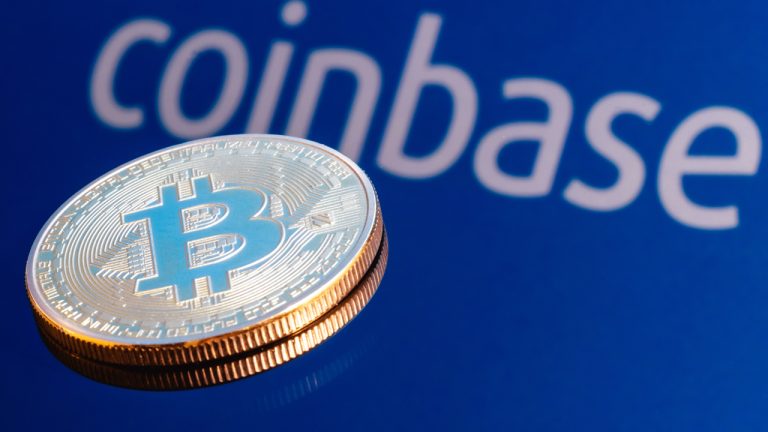
The recent regulatory approval for Coinbase’s international subsidiary comes within a month of getting the NFA nod to offer crypto derivatives services to institutional clients in eligible U.S. states.
Coinbase International Exchange, a class F license holder from the Bermuda Monetary Authority (BMA), announced it has received additional regulatory approval, allowing the platform to offer perpetual futures trading to non-United States retail customers.
Launched in May 2023, Coinbase International already offered crypto derivates services to institutional clients. With the latest regulatory approval, the crypto platform will provide eligible customers access to regulated perpetual futures contracts on the Coinbase Advanced platform in the coming weeks. The exchange said perpetual futures accounts are maintained by Coinbase Bermuda and regulated by the BMA.
The crypto exchange claimed in its announcement that nearly 75% of crypto trading volume comes from the derivatives market, and the recent regulatory approval would help retail traders access the crypto derivatives market primarily dominated by the institutions.
The crypto platform also noted that Coinbase does not engage in market-making. It said the liquidity on the exchanges is provided by established, independent liquidity providers who have undergone thorough compliance reviews.
Coinbase claimed its platform would prove the right gateway for retail traders to access the derivatives market securely and competently. Only non-U.S. consumers in a few countries can use Coinbase International Exchange, and customers are tested to evaluate their eligibility for the product before they can open a Coinbase Advanced trading account.
Related: Legal scholars file amicus brief in support of Coinbase
The recent approval for Coinbase International to offer perpetual futures to retail customers comes just a month after the platform received approval from the National Futures Association (NFA) to offer investments in crypto futures to eligible institutional clients in the United States.
Coinbase has continued to make strides outside the U.S. despite facing a regulatory battle with the Securities and Exchange Commission over its services. The regulator filed a lawsuit against Coinbase in early June, alleging that the exchange violated local securities laws by selling unregistered securities.
Collect this article as an NFT to preserve this moment in history and show your support for independent journalism in the crypto space.








